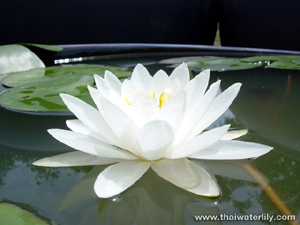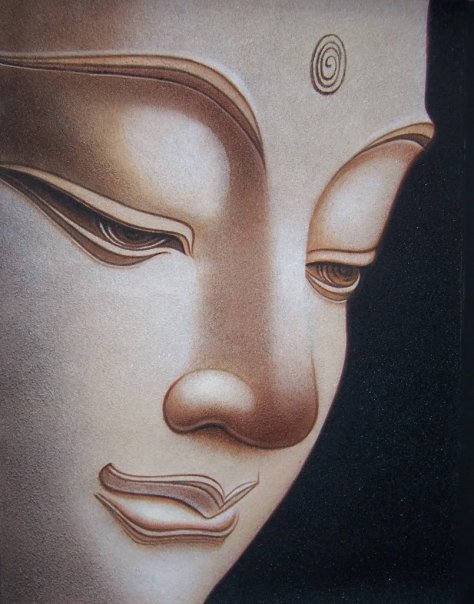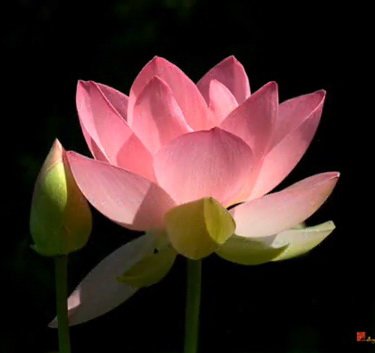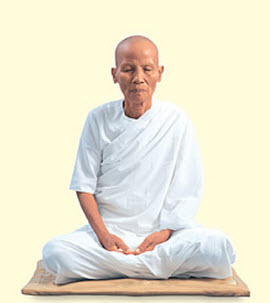Blessing Fourteen:
Not Leaving one’s Work Undone
Not Leaving one’s Work Undone

A. INTRODUCTION
A.1 The “work ethic” in Buddhism
Like many other spiritual traditions, Buddhism is a religion which supports the “work ethic”. Buddhism is not a religion to tolerate lazy people. Even if you have already fulfilled all the blessings in this grouping by cherishing your parents, children and spouse, if you neglect to be lively in earning your living, harmony in the family will not come about because of financial difficulties. From a financial point view is necessary to devote oneself to earning one’s living in order to support one’s children, to have a legacy to pass on to one’s children, to support one’s spouse and cherish one’s parents. In Buddhism it is also seen as dutiful to work hard because out of gratitude, one recognizes that in order to come to working age at all, we are a result of considerable investment of time, money, education, love and patience by parents, teachers and state alike and if we don’t put our skills into action, then that investment and good will would go to waste. Thus in Buddhism a lazy person is also seen as an ungrateful person.
Supposing you are already someone who has knowledge (Blessing Nine), practical skills (Blessing Ten), it doesn’t mean that you will automatically be effective in doing your work. Some people with the best of education and experience, make no impact on their work if they never get round to doing it.
Many think that the reason for procrastination is laziness on the part of the person involved. However in recent academic studies, it turns out that the reason we don’t do things even when we know it is a good idea is often much more varied.
• procrastination coming from fear: especially the fear of being judged to lack ability. Such people have an inferiority complex over their ability and would rather be seen to fail in a task because of procrastination (lack of time) that because of lack of ability. Thus the slip-shod work of the final minute rush means that procrastination is an excuse for mediocrity.
• procrastination because of perfectionism: some people have been brought up with the fear of doing too well, or appearing too keen, or being a “goody-goody”. Consequently they procrastinate, not putting in their best, so that if the results come out well, it doesn’t look intentional or magnifies the myth of ‘latent ability’.
• procrastination from the misconception that work expands to fill the time available: Some people are disorganized to the degree that they feel they have no control over the time they spend on any task. Therefore they leave tasks to the last minute in order to ‘save time’. However the results of the work often leaves a lot to be desired.
• procrastination because of resentment of control: (e.g. when a person doesn’t like their boss). Here procrastination serves as a way to give power to the underdog, to say “get off my back”, as a sort of game where people try to beat the clock, or reminding others of things they are starting to take for granted (when the person is not assertive enough to say ‘no’ directly).
• procrastination is sometimes used to control distance in relationships: to make a person more or less reliant on another person or persons.
Whatever the reason, the Buddha taught that procrastination either in worldly or spiritual work will limit one’s ability to earn one’s living and the result will be to destroy harmony in one’s family life.










